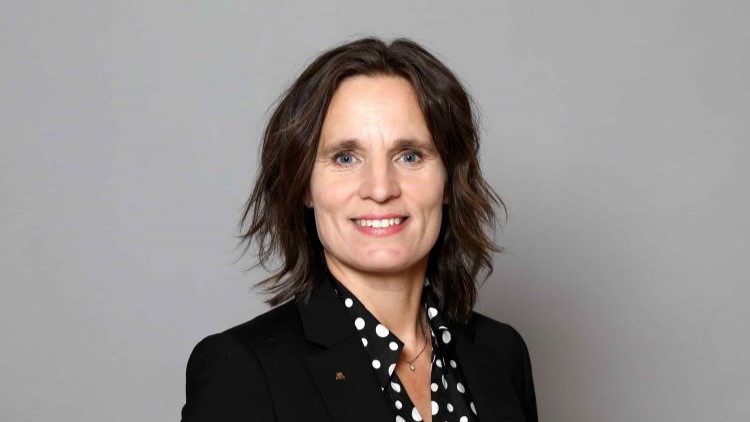The Diplomat
The Swedish Government has expressed its doubts regarding the acceptance of Catalan, Basque and Galician as official languages of the EU, requested last August by the Government and which has been included by the Spanish Presidency in the agenda of the next Council of Ministers of General Affairs of the Union.
The Swedish Minister of European Affairs, Jessika Roswall, declared yesterday that her Government -presided by the conservative Ulf Kristersson- is “undecided” on this issue and wishes to examine “in greater depth” the “legal and financial” consequences of the proposal, as reported by the Europa Press agency. Roswall also recalled that there are “many minority languages that are not official within the EU”.
In mid-August the Council of the European Union received a request from the Spanish government for Catalan, Basque and Galician to be recognized as official languages of the Union. The initiative came about, as recognized by the Minister of Foreign Affairs, José Manuel Albares, by virtue of the agreement reached with Junts per Catalunya, the party of Carles Puigdemont, in order to support the candidacy of the Socialist Francina Armengol to preside over the Congress.
For this to be possible (and this was requested by Albares to the Secretary General of the Council, Thérèse Blanchet), it is necessary to amend the Regulation governing the official languages of the EU. For this reason, the Spanish Presidency has placed on the agenda of the General Affairs Council, scheduled for September 19 in Brussels, a debate, “with a view to its adoption”, on “a request from Spain to amend Regulation No. 1/1958 to include Catalan, Basque and Galician in the EU’s language regime”.
According to Albares, the fact that the Council is chaired by “the same state that is requesting it does not represent “any anomaly” and this is what the legal services of the Commission and the Council, which the Government has consulted beforehand, have told him.
Any change in this sense requires the unanimity of the 27 EU Member States. In this respect, the acting Minister assured at the end of August, in declarations to Europa Press, that the Government was not aware of the opposition of any European Member State to the inclusion of these three languages and, therefore, that he was confident that this “firm proposal” would go ahead at the meeting of September 19.
The EU currently has 24 official languages. The most similar precedent occurred with Gaelic, which became an official language in 2007, two years after Ireland requested it and more than forty years after the entry of this country into the then European Community.
In 2022, Spain asked the European Parliament for Catalan, Basque and Galician to become languages of use -although not official- in the European Parliament, a proposal that is still being debated at present. Gaelic followed precisely the same path before its officialization in 2007. In the event that the 27 approve the legal incorporation of these three languages, the European Parliament would automatically have to accept these three languages. If they were finally approved, both the treaties and the rest of the documentation would have to be translated into Catalan, Galician and Basque, with the consequent cost in human capital.







